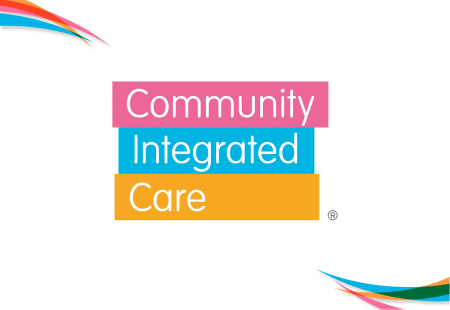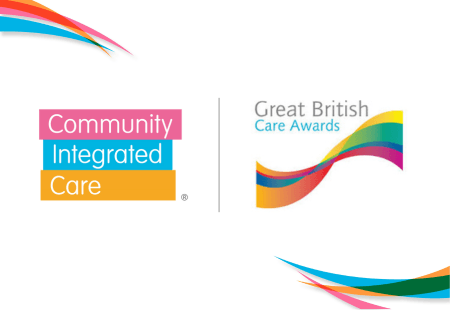

News
12/07/2023
Skills for Care publish annual Workforce Report
Skills for Care, the strategic workforce development and planning body for adult social care in England, have published their ‘Size and Structure of the adult social care sector and workforce in England, 2023’ report today.
The report, which is released each year, uses data from hundreds of providers in the sector to present a comprehensive overview of social care. You can read the full report on the Skills For Care website.
Community Integrated Care’s Chief Corporate Services & People Officer, Teresa Exelby, has shared her comments on the report:
“Skills for Care’s annual workforce report presents the ongoing challenges faced by the care sector in clear terms. Whilst a marginal improvement in vacancy rates has been achieved by attracting applicants from other countries, social care continues to struggle to attract and retain domestic talent in the absence of fair pay and career pathways.
Community Integrated Care’s Unfair To Care report proves that social care is demonstrably undervalued. The pay gap between a social care worker and their NHS counterpart is the equivalent of working 3.5 months without pay. This £8036 difference is being felt deeply by many during the cost-of-living crisis. This is not only an injustice for the talented people who deliver an essential service to society, but also for people who draw upon care. Having stable, reliable, relationship-focused support is fundamental to leading a life of independence. Every vacancy represents a life impacted.
Working in social care is demonstrably technical, accountable, and skilled. This sector offers uniquely rewarding vocational experiences for people who are passionate about connecting with others. Sadly, despite this, far too many are finding that social care cannot be a long-term career for them. There is a moral and economic imperative for the government to change this by working directly with the sector, and those who draw on support, to create a workforce plan that ensures social care can become a valued profession. The Agenda For Change pay framework must be applied as a priority. Without this equality in partners, we will never achieve the balance needed for a fully-functioning, stable, and sustainable health and social care system.
Our polling with Ipsos illustrates that 91% of the public believes that social care is important to society. Our sector contributes more than £60 billion to the UK every year. The pay gap presents a false economy and moral injustice that can and must be changed. It masks the costs of agency work premiums, the economic impact of families exiting employment to provide care for loved ones, and the resource wasted on managing a constant churn of talent. These figures point to thousands of lives being constrained by low pay or inconsistent and unavailable support.
With today’s report forecasting a need for a 25% increase in posts by 2035, that’s 445,000 extra roles, we hope that the 2024 data presents a very different picture, driven by proactive action by the government to deliver the workforce plan and resourcing that is so desperately needed.”








